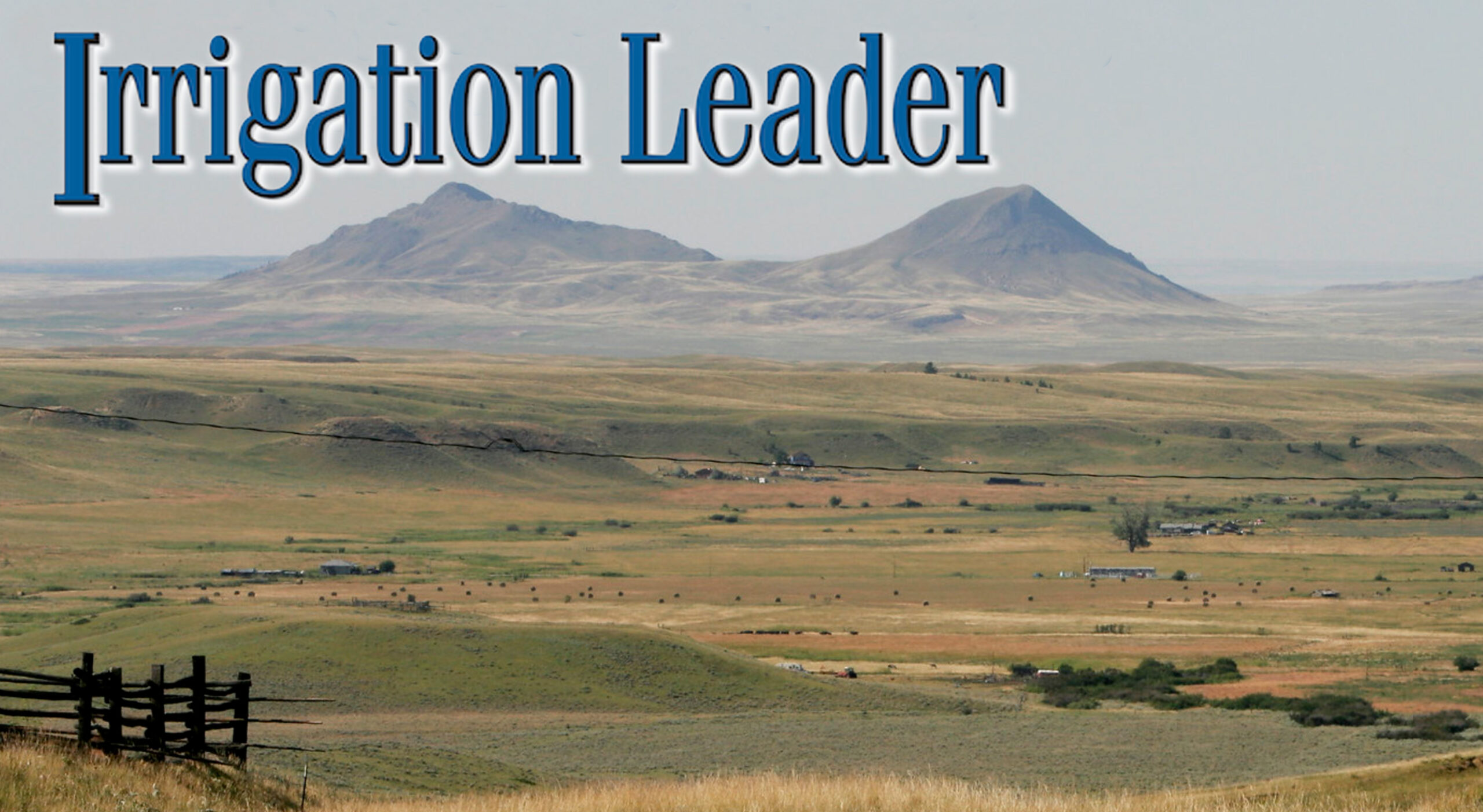During the past year, the Gros Ventre and Assiniboine Tribes of the Fort Belknap Indian Community (FBIC) Water Rights Settlement Act of 2019 was introduced in both the U.S. Senate and U.S. House of Representatives and currently is awaiting potential hearings in both chambers. This important effort to finally settle FBIC’s water rights is attracting significant attention, and as a result, Irrigation Leader Magazine recently conducted an interview with FBIC Water Resources Administrator Kristal Fox.
Read the Kristal Fox interview in Irrigation Leader Magazine
If passed, the act would ratify FBIC’s water rights compact with the State of Montana, settle damages against the United States that will establish resources for critical water infrastructure development, provide for the protection of tribal and nontribal irrigation water use, and return sacred FBIC lands to federal trust. With the support of a broad array of stakeholders, the Water Rights Settlement Act also will provide certainty for water users across north-central Montana, and provide a boost to Montana’s regional economy.
For the last decade, Patterson Earnhart Real Bird & Wilson LLP attorneys Rollie Wilson and Joanne Curry have assisted FBIC in securing this important water rights settlement. They are working closely with Kristal Fox, administrator of the FBIC Water Resources Department, and FBIC Tribal Council to prepare legislation and negotiate the settlement.
“The settlement includes Congressional recognition of FBIC’s quantification and administration of its Indian water rights, and settlement of damages against the United States for its mismanagement of FBIC’s water resources,” Curry said. “The funding provided by the settlement supports FBIC’s development and use of its water rights.”
Wilson and Curry also work closely with FBIC’s water engineering experts to defend and explain the fair quantification of FBIC Indian water rights, and justify damages that support Congressional funding for the settlement. Litigation is known to be too costly for all the stakeholders and does not provide the compromises and protections that come with settlement.
“We also engage is significant outreach efforts beyond Congress to educate tribal members, regional state water users, and environmental and conservation groups in an effort to secure support for the water rights settlement bill,” Curry explained.
This settlement would bring an end to the Gros Ventre and Assiniboine Tribes’ long journey to secure their water rights. This journey began in the 1800s with the establishment of a reservation to serve as a homeland for the Tribes. However, when upstream diversions prevented water from reaching the reservation, in 1908, the U.S. Supreme Court ruled that the Tribes’ reservation included the water rights necessary to make a homeland. This decision, known as the “Winters Doctrine,” provides the basis for the federal laws that recognize tribes’ right to water. The Gros Ventre and Assiniboine Tribes are known as the “Winters tribes.”
Patterson Earnhart Real Bird & Wilson has offices in Louisville, Colorado, and Washington, DC. To learn more, visit nativelawgroup.com.
Kristal Fox is the administrator of the Fort Belknap Indian Community’s Water Resources Department. For more about the FBIC, visit ftbelknap.org.
Patterson Earnhart Real Bird & Wilson LLP is dedicated to the representation of American Indian tribes, tribal entities, and individual Indians across the United States. Our mission is to provide superior legal services specifically tailored to meet the needs of our clients — while also honoring the sovereignty, self-sufficiency, and self-governance of those clients.

